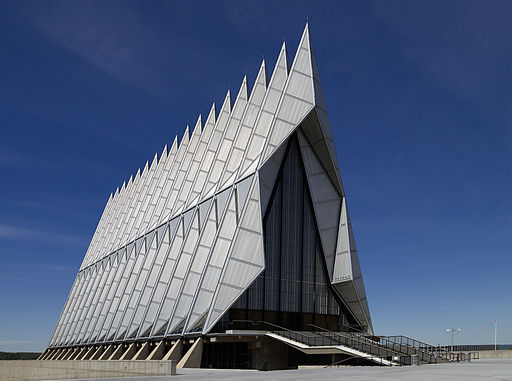A few years ago the
Anonymous hackers collective announced it would be taking on the notorious Zetas cartel in Mexico. A member had been kidnapped, and in response dissemination of information about the criminal organization was planned for release. This did lead to the Zetas letting the kidnap victim go, but the Zetas promised retribution if there was a release, said retribution aimed at the victim's family. Others simply considered Anonymous as overreaching and risking violent bloody death for something that would make no difference at all to the Zetas.
With this as background, the possibility that
Anonymous might really do something about Islamic State or Al-Qaeda seems similarly ill-conceived. On further reflection, though, it might be a better match than initially perceived. While this might not be anything like the organizational analysis that might truly be needed, it goes to the differences between
- A state organization, i.e. a government, with defensive and offensive capabilities aimed at protection of the members of the state and pursuit of their common goals.
- A criminal organization based on a profit motive.
- A terrorist organization with ideological goals (which may be based on religious thought)
- Whatever organizational type one might assign to Anonymous, although their goals are ultimately ideological in scope.
To start, though, there's an important distinction already: The Zetas had an exploitable connection to Anonymous, namely the previously kidnapped member. Conversely, the reason Anonymous considered taking action was
because of the kidnapping. This naturally weakens the anonymity that the group depends on. It would be like Batman starting his crime-fighting career by saying he was avenging the Waynes: It's too much of a clue to toss out there at the start. If, instead, information had appeared in public places with only a
Guy Fawkes mask to show where it came from - and no connection to anyone - it might have been an effective method to weaken the cartel.
Although at least
one commentator noted that the government is completely owned by the cartel, so releasing the info would do nothing helpful at all. Open source intelligence group
Stratfor finishes their assessment with
Being identified and detained by Scotland Yard or the FBI is a far different situation than being identified and detained by Los Zetas.
In any case, without a focused assault on key nodes of infrastructure, you can't hope to eliminate all of them - and it only takes the attention of a few organized criminals to have the attention of them all. That is an advantage of having a hierarchical organization with well-defined and concrete goals: Someone starts messing around, all resources can be focused in that direction, and the only justification needed to do so is "are our goals in jeopardy." Anonymous depends on people using their computers to support the operations they want to support. They would not be able to apply sufficient force to the Zetas, because the methods of attack are too diffuse to affect the cartel's concrete goals of making money and acquiring power. While there is an advantage to anonymity, it's not clear that it makes any difference to this inherent imbalance.
But attacking Al-Qaeda in this way might work. Al-Qaeda has a de-centralized structure as well, and could be said to lack
key nodes - a successful attack on one node will normally have no effect on the overall organization. Any impact requires eliminating enough individual notes to degrade communication, operational effectiveness, etc. Which means the winner will be the side that can eliminate nodes more effectively, by having more people and/or better skills. That could be Anonymous.
("Hey - Al-Qaeda has used diffuse tactics against the United States successfully!" Yes, but not against
concrete goals of the United States. "Money and power" can be broken down specifically for a criminal organization, since the goals are related directly to its leaders, who aren't responsible to anyone else. Any criminal organization will have to have particular areas it controls and areas it wants to enter. This doesn't scale up to a state with millions of citizens, many of whom have differing opinions on what the purpose of government should be.)
The question would be relative advantage and alignment of purpose with ideology: Will there be more people attacking jihadist websites or defending them? Will the defenders be more or less skillful than the attackers? Given equivalent forces, is the advantage to the defenders advantage or the attackers? (Probably the former - keep the site up, you win.) Who does anonymity help more, here? While hard to tell for sure, it seems like this would be a win for the attackers - that more people would align themselves to that side than the other.





